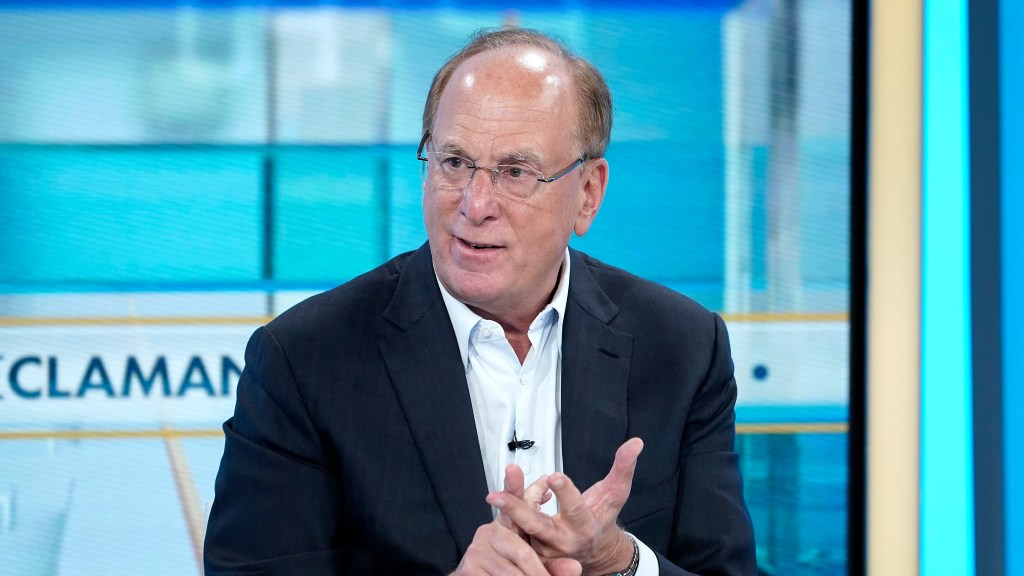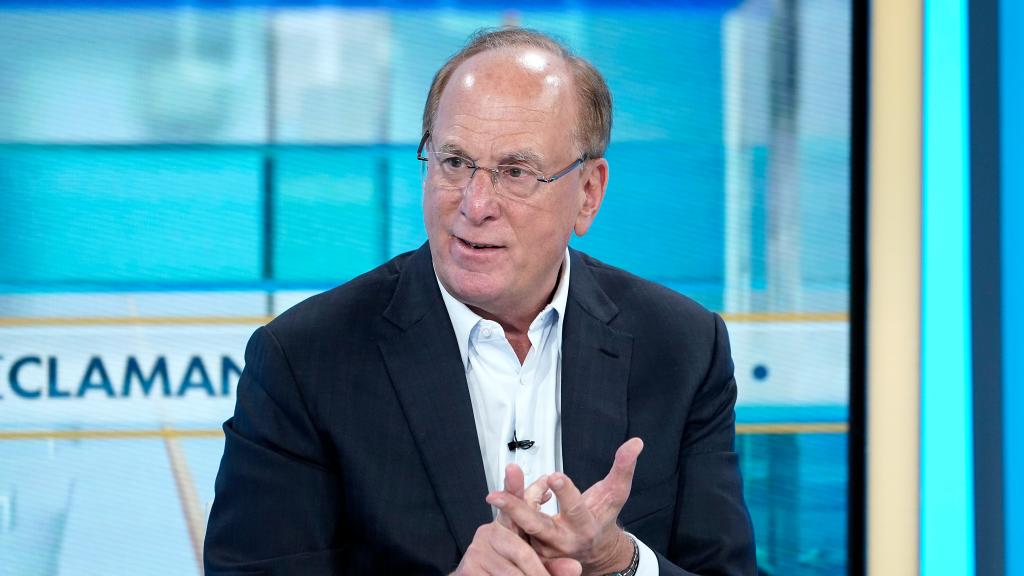Citadel Securities, BlackRock back Texas Stock Exchange in challenge to NYSE, Nasdaq
Wall Street titans BlackRock and Citadel Securities are throwing their financial muscle behind the launch of the Texas Stock Exchange — which plans to challenge New York-centric markets in a bid to attract global companies.
The Dallas-headquartered bourse, which has raised about $120 million, plans to file registration documents with the Securities and Exchange Commission to start operating as a national securities exchange later this year, TXSE said on Wednesday.
TXSE aims to attract listings of exchange-traded products and challenge increasing compliance costs at the New York-based indexes, as well as newer rules including setting targets for board diversity at the Nasdaq, the Wall Street Journal reported.
“Dallas has become one of, if not the most, dominant financial centers in the country, if not the world,” James Lee, the CEO of TXSE Group, told the Journal.
Lee cited the shifting economic landscape, which has accelerated in recent years with explosive population growth in Sun Belt states throughout the southeastern US.
Scores of corporate entities have relocated from high-tax, high-regulation states such as California and New York to states deemed more business-friendly, such as Texas and Florida.
Lee insisted that the new stock exchange will be apolitical.
“TXSE will ultimately create more competition around quote activity, liquidity and transparency, resulting in more consistent and reliable markets,” he added.
The Lone Star State — home to Exxon Mobil, AT&T, Tesla and American Airlines — has more Fortune 500 companies than any other state.
Others that have shifted operations to Texas include Oracle, Charles Schwab, Hewlett Packard, Caterpillar and NRG Energy.
Meanwhile, Apple is spending hundreds of millions of dollars to expand its Austin campus while Goldman Sachs recently broke ground on an 800,000 square-foot work and leisure space in Dallas.
Citadel Securities, the market maker founded and run by hedge fund billionaire Ken Griffin, moved the firm from its prior headquarters in Chicago to Miami in 2022.
Start your day with the latest business news right at your fingertips
Subscribe to our daily Business Report newsletter!
Thanks for signing up!
Texas has been at the forefront of politically “red” states that restricted their public pension funds from doing business with BlackRock and other Wall Street firms that have embraced environmental, social and governance (ESG) principles.
BlackRock has had a complicated relationship with the officials of the Republican-leaning state of Texas in recent years.
The company, which is a major investor in oil companies such as Exxon and has rejected calls to divest fossil fuel holdings, faces accusations of “boycotting” certain industries due to its call for wider emission disclosures from its portfolio companies.
In February, CEO Larry Fink appeared with Texas Lt. Governor Dan Patrick at an event in Houston to stoke infrastructure investments. But the next month, a state fund withdrew $8.5 billion from BlackRock’s management, citing the company’s energy policies.
“BlackRock is proud to be a founding investor in the Texas Stock Exchange to increase liquidity and improve market efficiency for clients and other investors in the U.S. capital markets,” a company spokesperson said.
The parent companies that run NYSE and Nasdaq have historically swallowed up smaller stock exchanges including ones in Philadelphia, Chicago and Boston.
Earlier this year, a federal appeals court in New Orleans agreed to hear a challenge by conservative groups who filed suit against Nasdaq over a rule requiring companies to disclose board diversity figures.
The rule approved by the SEC in August 2021 requires companies listed on the exchange to have one director who identifies as female, a member of an underrepresented racial or ethnic minority, or LGBTQ+, or explain why they do not.
Companies would generally need two diverse directors to satisfy the rule by 2026.
The rule drew lawsuits from conservative legal activists including Alliance for Fair Board Recruitment, a group founded by affirmative action opponent Edward Blum.
With Post wires







